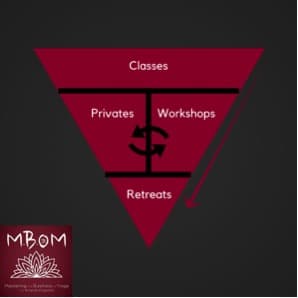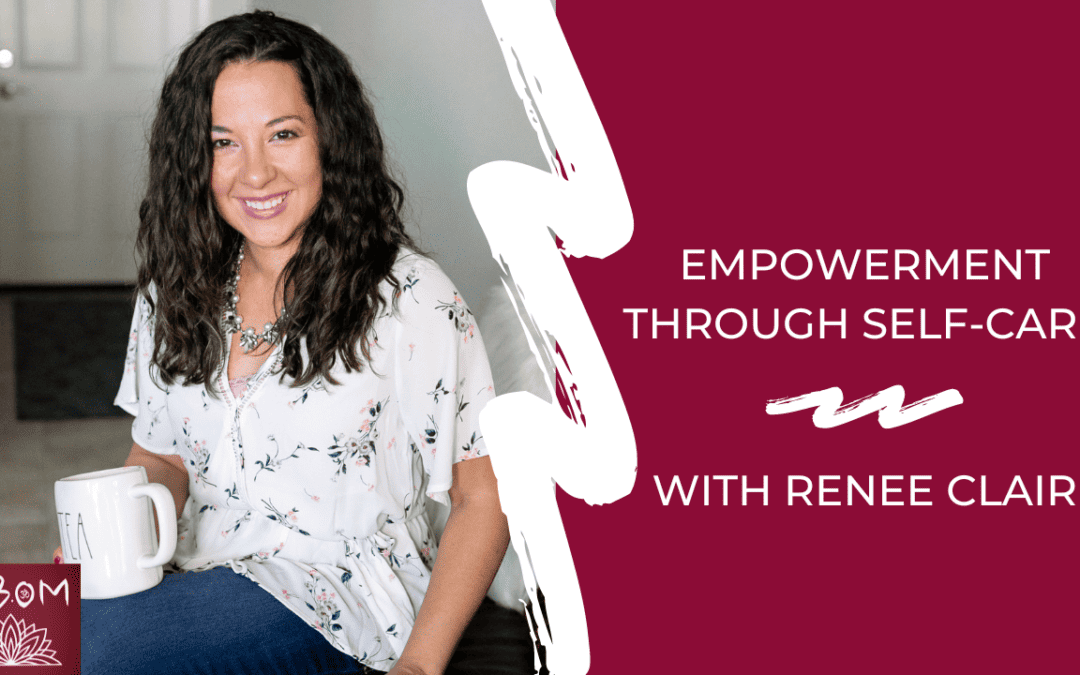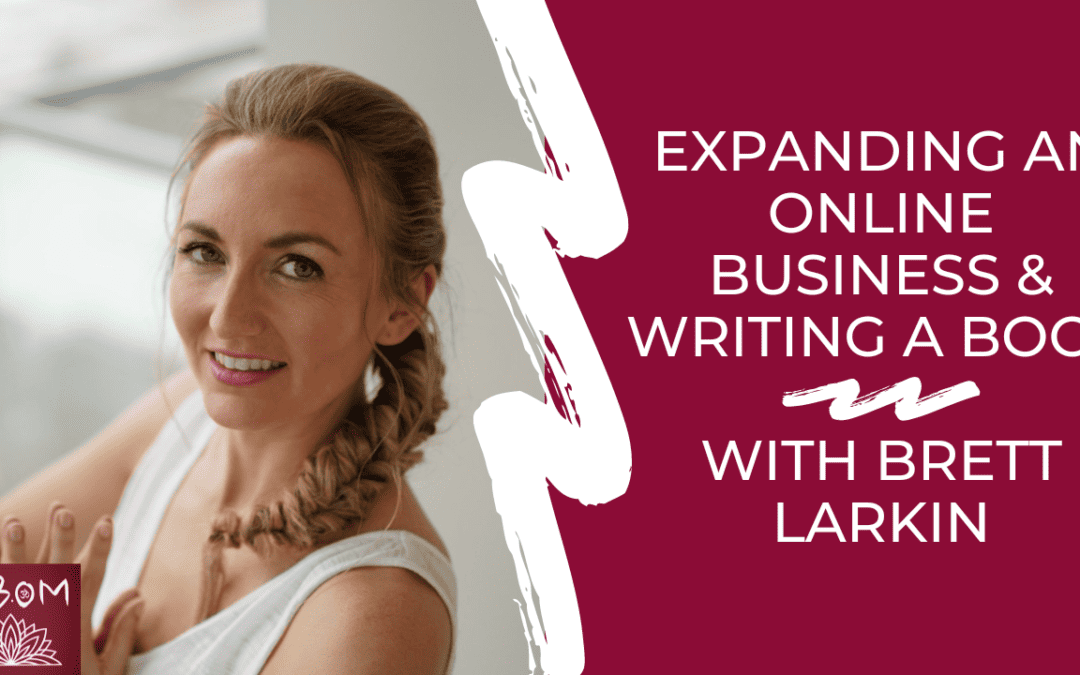Ryan Ferguson is the co-host of The World Wanderers podcast, a writer and an entrepreneur. This is his second guest post on M.B.Om.
Once you’ve decided that you are an entrepreneur and not an employee, you start thinking about your work differently.
A class isn’t a teaching job; it is a product. And the students who come aren’t just one-off customers, but potential life long customers.
This change in mindset is necessary as an entrepreneurial yoga teacher. Changing your activities into products.
You teach classes, you offer privates, you have ideas for workshops, and you have dreams of retreats. These are all products, but they aren’t one-off products. They all relate to each other. They build off each other.
The level of trust required to purchase an expensive product is higher than the level of trust required for a cheap product. So the best way to build that trust is by making an investment at a lower level.
If I come to your class, I’m more likely to come to your workshop, and if I come to your workshop I’m more likely to come to your retreat. Your customers for higher value products will naturally be customers from lower level products.
This is called the sales funnel.
Lots of customers at an entry level product, moving to fewer and fewer people as you make your way down to more expensive products.

Here is a very simple example of a yoga sales funnel:
A student takes a class with you and enjoys it. Before they leave that class, they know that there is more they can do with you. They can take private lessons, or they can attend a workshop next month.
Once a student has taken private lessons, you know they like you as a teacher, and they are probably eager for more opportunities to learn from you. When you have a workshop coming up, these are your people.
When you teach a workshop, people know and have a chance to consider taking a private lesson.
When you run a retreat, you don’t expect to fill it with people off the street; you look to your loyal customers who have taken privates and workshops.
Creating your sales funnel is important for three reasons:
- It helps you see ways to create new products. If you just teach classes now, your favorite students have no way to get more of you. You are doing them a disservice by not telling them about the opportunity to do privates, or to attend a workshop, or maybe even a retreat.
- Thinking in a funnel shows you the order you should develop your products. You don’t jump straight from a class at a studio to a $1000 Thai retreat. First, you need to build a strong base of people who regularly attend classes, then have attended a $80 workshop, then a $400 local weekend, and finally a $1000 foreign retreat.
- It allows you to define how you will interact with your students in each space. So when you go into a studio to teach a class, you are of course thinking about how to teach a good class, but you also remember to connect with your students by email and on Facebook so that you can move them onto the next stage of your funnel.
Defining your sales funnel makes you more efficient because you are not wasting your effort marketing to people who aren’t likely to buy from you. Thinking in terms of a sales funnel means that you think of marketing in a different way, slightly more roundabout way.
Let’s say you want to run a retreat six months from now. You want to get 40 people there. If you teach two classes a week to 20 people, you need to get everyone who knows you as a teacher out to your retreat. It’s not going to happen. So you think to yourself, “I’ll print off posters, and throw them up in coffee shops around town.” And you could do that. It might get a few people. But a far better strategy would be to introduce people to your classes. And increase the number of people at the top of your funnel.
It is a round-about strategy, but when you want to sell a retreat, the best way is to get as many people as possible into your classes. So you offer to teach more. You sub every chance you can get in the months leading up to the retreat. You teach an affordable workshop four months out. You offer discounted private lessons, so you get a one on one chance to sell your retreat.
You recognize that the way to fill a retreat is to have plenty of customers taking private lessons and workshops.




Really nice helpful blog post. I’m a life coach who is looking to organize a foreign retreat around thriiving in your calling next year. I plan to move from webinars to live workshops then the foreign retreat. What length of workshop do you think is sufficient to help clients say yes to the retreat offer.